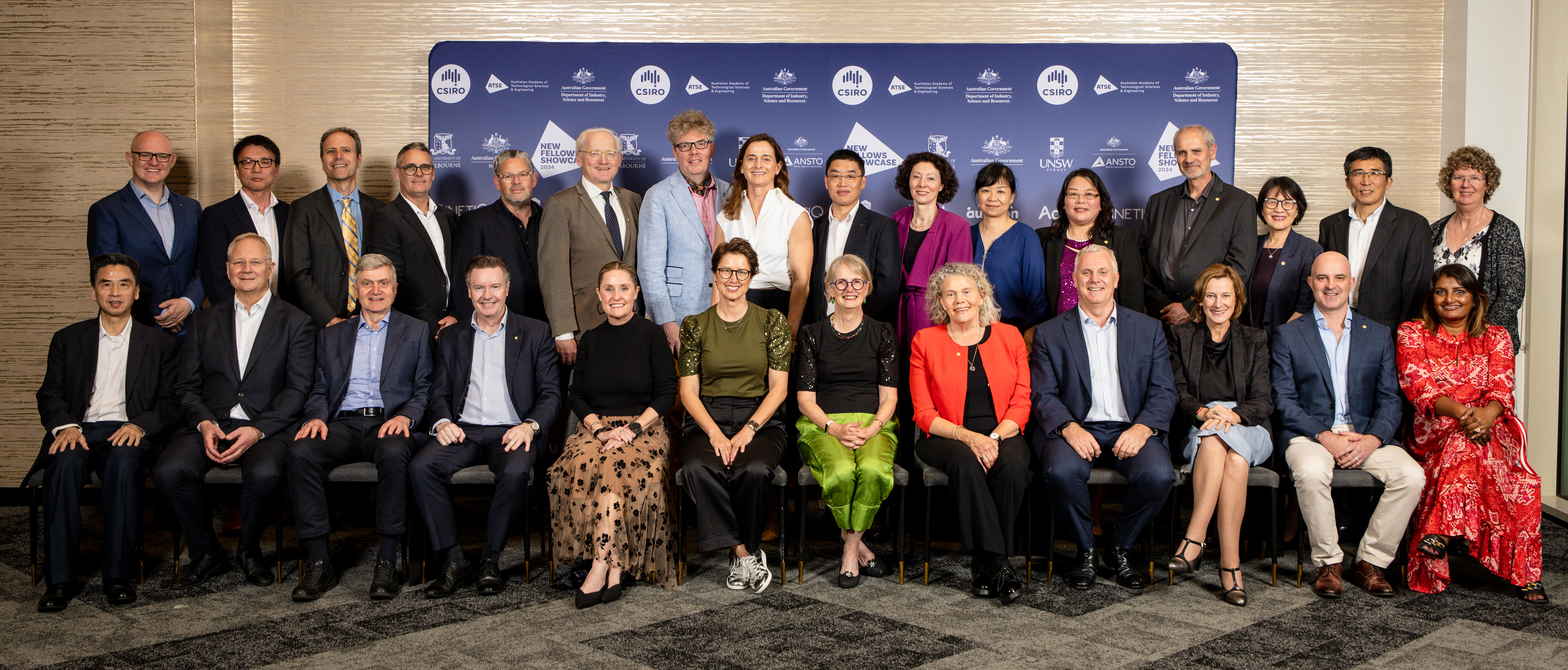ATSE's more than 900 Fellows are drawn from academia, industry, government and research.
New Fellows are elected by the existing Fellowship on a range of criteria, always ensuring that newcomers can contribute to the Academy’s mission of applying science, technology and engineering to solve the big issues facing our nation in a fast-changing world.
Membership is a highly competitive process.
To manage this situation the Academy has a meticulous, merit-based, peer review process conducted by Fellows who are the nation’s leaders in science, technology and engineering. Fellows are drawn from eight main sectors:
- Water and environment
- Information and communications technology
- Materials and emerging technologies
- Infrastructure
- Biotechnology and human health
- Primary industries and food technology
- Entrepreneurship, service and education
- Energy, mining and minerals processing
The Academy normally elects 25 Fellows and a Foreign Fellow. From time to time, the Board elects an Honorary Fellow. Fellows are elected in time to be welcomed at the Academy’s annual general meeting, usually in November each year.
Only existing Fellows can nominate a candidate for Fellowship.

New Fellows 2024
The new Fellows for 2024 were announced in October 2024.








